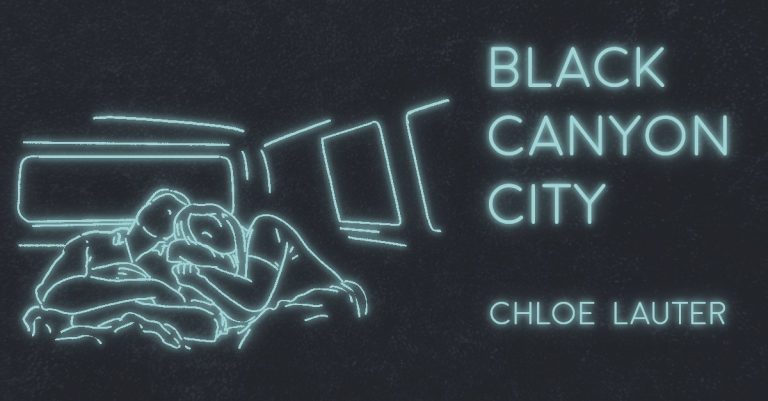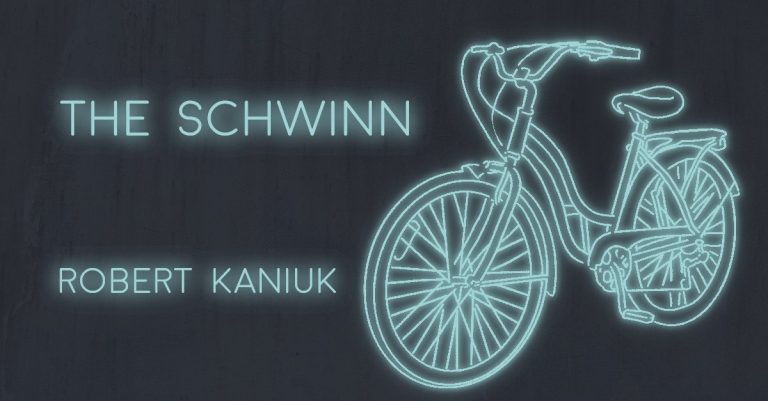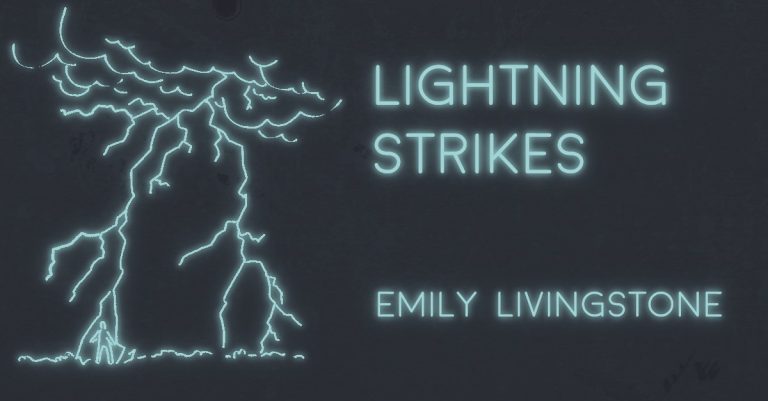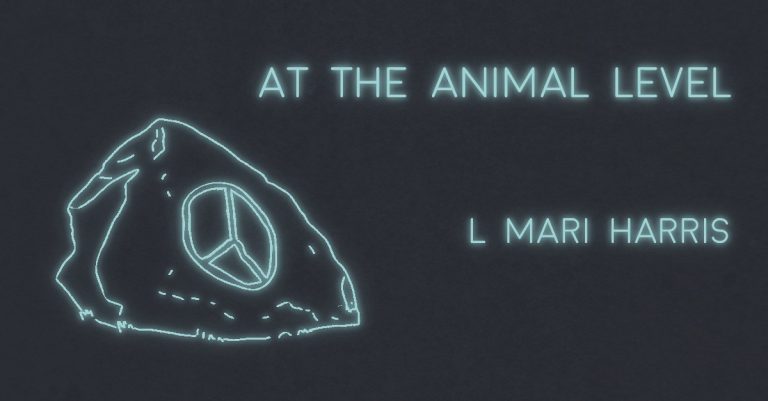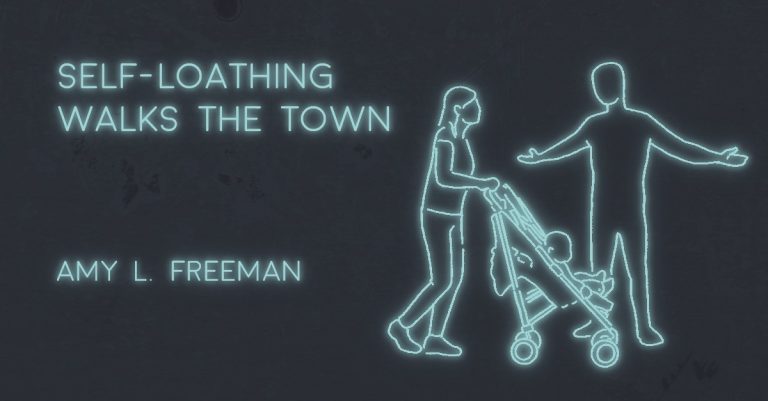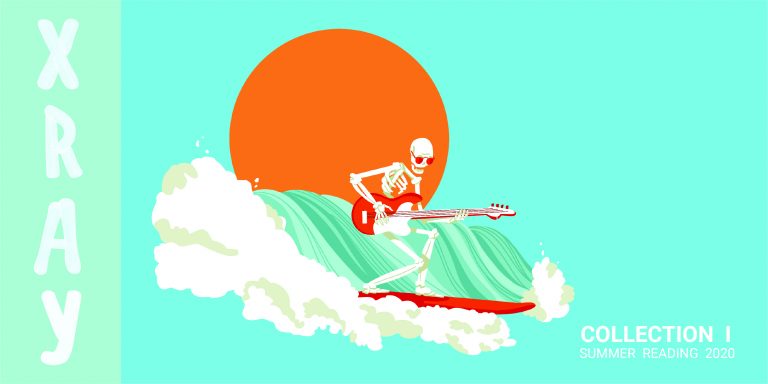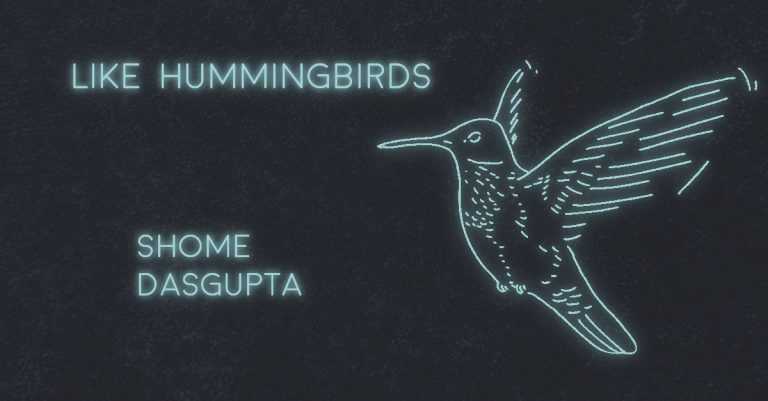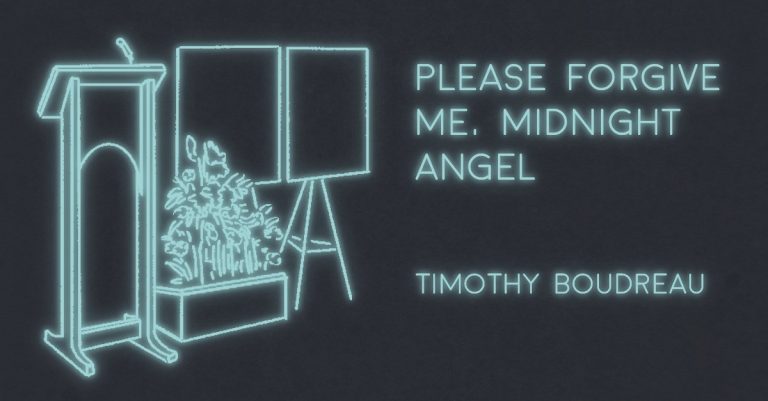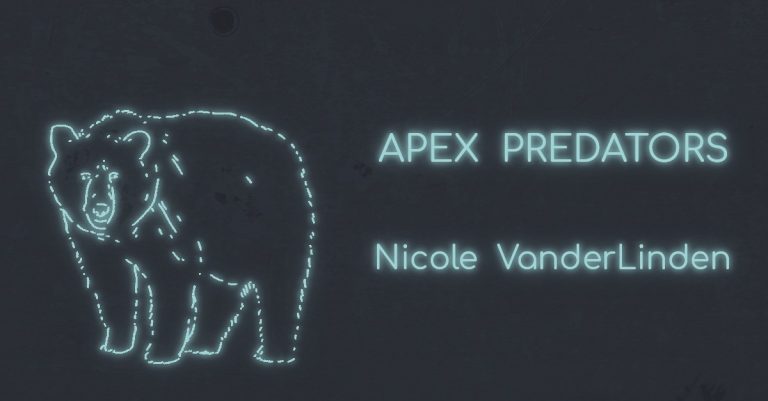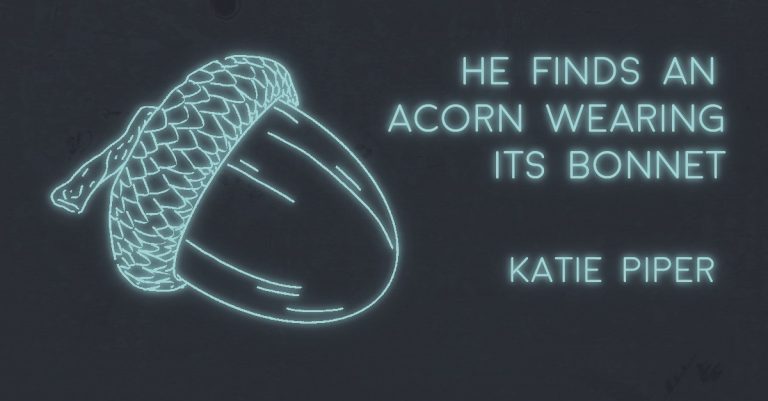That morning Cristina’s husband Charley brings her breakfast from the Diner, gray hair tufting from under his ball cap as he hands her the bag with an egg and cheese sandwich.
“Why aren’t you coming again?” she asks as she unwraps it.
“Off to provide another goddamn eight hours of superior customer service,” he says. That's been his life: jobs with name tags and aprons, jobs where the dickhead customer’s always right.
“Make sure you eat before you leave,” he goes on. “Give my best to her family.”
“Not sure who’s even left.”
“Wasn’t for staffing issues, I’d be there.” He hands her napkins from his jacket pocket.
“With everything she went through, I guess it all makes sense.” Cristina’s sigh holds him beside the door. “I’d just like to see her again, you know?”
He kisses her forehead. “See you tonight Babe.”
Cristina bites the sandwich, tastes her breath, rinses her mouth with OJ. “Holy fuck Sammi,” she says.Sammi: freckles and tomato hair, her curls like spaghetti tinsel. “Speckled Sammi,” the mean girls called her. All curves and softness, like a pillow, but when she hugged you, she meant it, she squeezed. Back then it was Cristina and Sammi, hip to hip through the halls of Daleborough High. Nicotine hair and Newports tucked in their jean jackets.
Cristina brings her phone outside where they have reception. The tire swing in the neighbor’s yard is like the one they rode at Sammi’s while they waited for the bus: overjoyed, legs splayed, after wine coolers for breakfast; their moms absent, September sky like a musty blanket.
Her hands tremble as she makes the call.
“Yes, one PM,” Mr. Herman says. “Light refreshments after. The information’s on the website.”
“Will there be a viewing? Can you tell me that?”
“There will not. The family chose cremation.”
While Cristina pulls on her best blouse and jeans, slicks back her hair, Pandora plays Quarterflash, Heart, The Pretenders. She arranges her nips on the bureau, hums along, punches the air to punctuate the choruses. Imagines Sammi’s ashes crossing the country in a jet, limo transporting the urn from Logan with a police escort. Blue lights, music blasting.
Music was Sammi’s wine cooler buzz, pink fog fizz. They rode with “Shadows of the Night” on the radio, Sammi’s voice cracking at the top of her range, stubby arms waving as if commanding a back seat band; Cristina, the better drunk driver, behind the wheel. “Midnight angel, won’t you say you will?” All night Sammi was thinking of Matty Cryans, her cheeks red, forehead glistening, everything in her mind with a heart scrawled across it, “Sammi loves Matty.”
Matty was skinny, long eyelashes over moist blue eyes. Gawky, shy, thick shag of blond.
“He's my number-two pencil," Sammi told everyone, “long and straight. Girls think he's dumb because he’s quiet, but he’s always observing. He saves his thoughts for nighttime and brings them home to me.”
Were they twenty-three when it started? One Friday Cristina invited Matty over for supper, while Sammi worked a double and Charley was away. When Cristina pulled him onto the bed Matty’s wet eyes filled with questions, but he hardened as soon as she unzipped him.
“But what about Sammi?” he said, as she mouthed his dick. “What about Sammi?” as she climbed on top, settled onto him, “But Sammi,” wincing first until she bounced, bounced, and shoot made sure he came inside before she fell off (he was crying now) and went to wash his mess out of her.
Cristina’s jacket smells like cigarettes, its inside pockets packed with nips. While she waits for the taxi she slips into her neighbor’s garden and breaks off four lilies, wraps them in tissue.
The taxi drops her at the corner of Crawford and Elm, next to the building where Sammi lived after everything blew up. Cristina slides the lilies in her pocket, pats her hair, remembers visiting before Sammi ditched them all and moved out West.
“Just listen Sammi,” Cristina told her.In the doorway Sammi blew cigarette smoke in Cristina’s face, her fist on her hip. “Why.”
“We need to talk.”
“Matty’s not here anymore.” She turned, flipped the butt off Cristina’s shoulder. “Leave me alone you greasy bitch.”
In the back row at Herman’s Funeral Home Cristina looks at the program, Sammi Cryans, 1967-2018, with a Psalm printed inside.
There’s a lectern, flowers and two big pictures up front: Sammi in lopsided pigtails, riding a tricycle; forty-something Sammi with some guy beside a Christmas tree, flannel shirt, curls chopped, pupils pinned, high as fuck.
After the hometown bridges have been neglected, burned, bombed, what’s left are aunties, a lonely cousin, a drunk former friend in the back corner. Three speakers: the pastor; Aunt Ellen, trembling; a former coworker. Stories about kid Sammi gobbling graham crackers; smoke breaks at her old job.
Finally Cristina can’t stand anymore. She stumbles out, lilies in her fist, past a lady in a hairnet beside the door crying into a napkin.
She walks outside, head swimming. She already knows how it’ll end. Read The Lord is my shepherd, hallowed art thy name. Claim it was Sammi’s favorite scripture, as if she fucking had a favorite. Talk about her “troubles,” say something about God’s wisdom; describe a peaceful rest, free of pain. No mention of tire swings or Matty Cryans or her fierce, ragged heart.
How long has it taken her to walk home? Her face is flushed, jacket loose, thistle sticking to her jeans after she plunges through the brush into the driveway to find Charley standing outside with his phone, ball cap pulled low.
“It was a mistake,” she says, “the whole day was a farce,” she says, “it’s not fair, we’re too young,” shivering as Charley wraps his arm around her and Sammi’s lilies and helps her inside.
